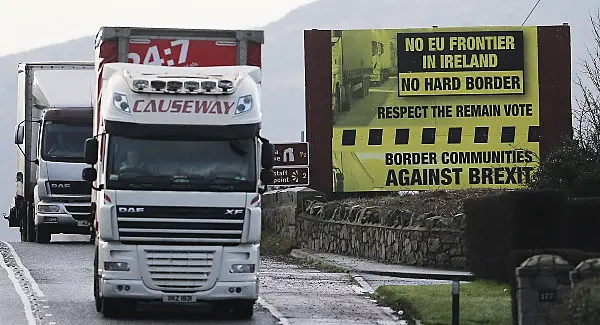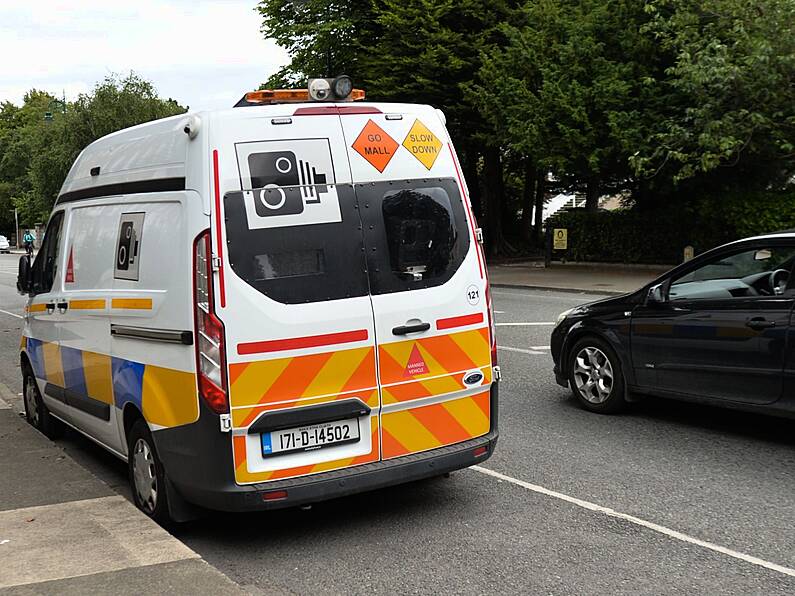An Ireland worth working for is not only the title of a new book, but part of the question we ought to be debating right now. What sort of Ireland do we want and how do we achieve it?
A century ago, elected representatives of the people endorsed a radical vision for a new republic, at the first meeting of Dáil Éireann.
The Irish Trade Union Congress had a major input to that vision, by way of what was referred to as the Democratic Programme.
A new democratic programme, which updates the forgotten one of 1919, is urgently required. This must be based on the dignity and rights of work, ensuring that work pays and that the rights of workers are fully respected and advanced.
From the rights of children to the fulfillment of the common good, the 1919 Democratic Programme was not honoured.
Ireland — north and south — finds itself in a new situation that nobody could have imagined in 1919.
We cannot fully grasp, even today, the significance of global change, Brexit, an ageing population, artificial intelligence, and dramatic changes in the workplace.
It is all to be played for, as we wrestle with the intractable problems thrown up by Brexit (if it happens). Everything is up in the air, from the very survival of the UK to the future of the EU. Will we reform our regime of corporate taxation, for example, to align ourselves with the EU? What is our vision for the EU and Ireland’s place in it?
Northern Ireland is surely at a crossroads. While constitutional change is highly unlikely in the short-run, all bets are off in the medium-term. Whatever emerges in the coming years, we need to defend the existing peace — fragile as it is — at all costs and we need to develop the all-island economy.
That may seem unrealistic, given the carnage a hard Brexit would cause, if such were to happen later this year or next. Both parts of Ireland need to work together, just as the Irish and UK governments, along with the EU27, need to agree on how we proceed.

Speaking to bankers in 2006, the former finance minister Brian Cowen declared that they were “players on the field”, while he was “an ardent supporter on the sidelines”. Unfortunately, this template did not work, as we know from subsequent developments. The failure of banking to serve the public interest was a major revelation of the recent crisis.
Yet, a lack of open competition, as well as a withdrawal of state equity holdings in the major financial institutions, indicates that other options have not been seriously considered, including a more diversified and localised public banking system, such as exists in Germany.
The Republic of Ireland remains particularly vulnerable to future economic shocks, due to our over- reliance on foreign direct investment. In a different way, Northern Ireland remains vulnerable to instability and economic turbulence, as it depends on UK investment and support.
Ireland needs to find a way forward for its SMEs, through reform of credit, support for research and innovation, and partnerships with further and higher education. A ‘third force’ banking sector could be created. An all-island development bank could be part of a new deal for businesses to enable firms to find new markets and develop new products and services.
This could also be part of a ‘just transition’ to a zero carbon economy that provides new opportunities and jobs in all areas, especially rural.
Just as corporations need to pay a fair share of tax (I have suggested a minimum effective rate of 5% of corporate profits), our system of personal, capital, and consumer taxes needs to be reformed. We need to pay more tax, not less, to fund a better and more efficient public service, as our population continues to grow as well as age.
A combination of higher wages, reflecting higher skills and a dynamic enterprise economy, together with a reformed public service, is possible, as we know from the experience of some of the Scandinavian countries. Faced with the biggest ecological crisis threatening future generations, we must find ways of engaging the energies, dreams, and hopes of a new generation.
Tom Healy is director of the Nevin Economic Research Institute, and author of An Ireland Worth Working For: Towards a New Democratic Programme, published by New Island Books






